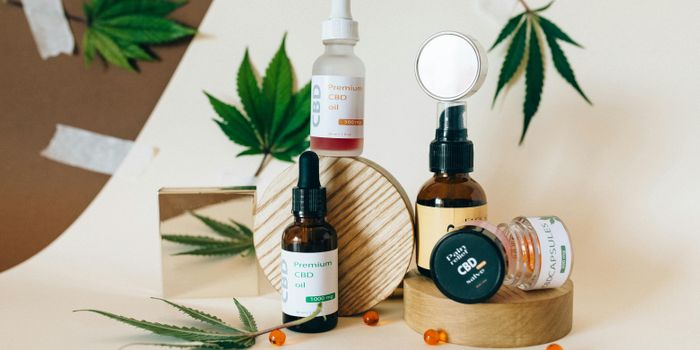Attention Deficit/Hyperactivity Disorder (AD/HD) is a disorder of the brain that affects approximately 6.4 million children in the United States. The American Psychiatric Association says that approximately 5% of children in the US have been diagnosed with or are likely to have AD/HD while the Centers for Disease Control puts the number at twice that, coming in with an estimate of 10%
AD/HD has three primary subtypes. Predominately Hyperactive-Impulsive where a child is hyperactive and has poor impulse control but is not necessarily inattentive. Predominately Inattentive where a child struggles to pay attention and focus on tasks, but does not act out and does not have trouble controlling impulses. The third sub-type is a combination of the first two, where a child has both hyperactive behavior issues as well as difficulty concentrating on tasks.
While there are medications to treat the disorder, there is controversy over their use. Many educators, parenting experts and others do not believe that AD/HD is an actual disorder, but rather just poor behavior that is unchecked by parents and caregivers. Some of the medications used to treat AD/HD fall into the stimulant category and can have unpleasant side effects. A new analysis of existing studies was conducted by researchers at the University of Nebraska-Lincoln on these stimulant medications for AD/HD and published in this month in the journal
Pediatrics.
The team there, led by doctoral student Katie Kidwell, used the technique of “meta-analysis” to aggregate all the data from existing studies and see which factors emerged as most prevalent. Sleep issues seemed to be a common factor in most of the studies.Timothy Nelson, an associated professor of psychology at UNL who was a co-author of the study said
in a press release, "One reason we did the study is that researchers have hypothesized different effects, and there are some conflicting findings in the literature. This is when a meta-analysis is most useful. By aggregating and summarizing previous research in a rigorous and statistical way, we can identify the main findings that we see across all these studies. It's essentially a study of studies."
Stimulant medications like Adderall and Ritalin already list sleep disturbances as possible side effects, and it’s well known that having difficulty slowing down and falling asleep is a problem for children with AD/HD, regardless of which medication, if any, that they take, but Kidwell's team wanted to see if analysis of the studies would show a trend.
The UNL team analyzed seven clinical trials and found that among those patients who took stimulant medications, sleep was disrupted.Sleep was affected in direct relation to how often the dose of stimulants were given. Study authors stressed that they are not recommending that doctors take patients off the medications if they are helping. Instead, doctors might want to adjust the dose or alter the timing of daytime dosing so that the impact on sleep is minimized.
Kidwell said, "We would recommend that pediatricians frequently monitor children with ADHD who are prescribed stimulants for potential adverse effects on sleep.” Check out the video below to see more about the analysis of studies and how AD/HD can impact sleep.









